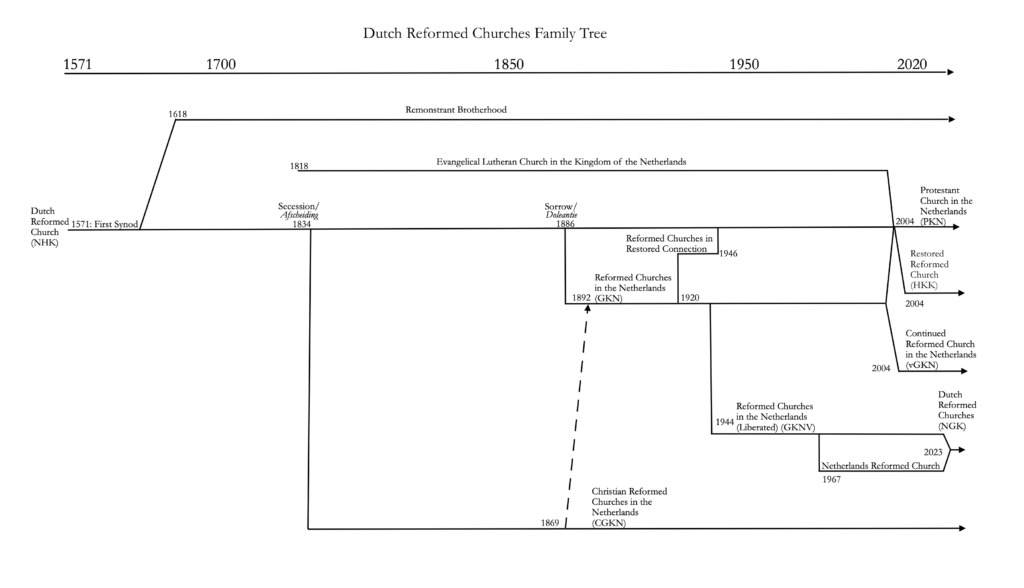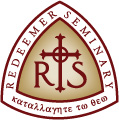Why A Weekly Confession of Sin
Modified, from my sent folder in answer to the question “What are your best theological arguments for a weekly confession of sin?”
Pray without ceasing.
And anyone who is opposed to weekly confessing their sins probably needs to be confessing their sins more than that.
I’m assuming that you’re talking about during the Sunday worship service and corporately reciting a prayer together. If that’s the case, I would be unwilling to make the argument that the practice is necessary. However, confessing sin in the worship service is required by scripture.
1. Prayer is required in public worship (cf. WCF 21.3-4). A lot of the argument is going to hang on liturgical hermeneutics. Is prayer as described in the Bible, the New Testament especially, a private or a corporate affair? The Reformed tradition (history is theology) has said that prayer is part of worship and is corporate, not only private. “Our Father…” So when we see prayer prescribed in the New Testament, especially the epistles, it is aimed at the church gathered…
10 Theses on Mortification and the Gay Christian
I wrote 10 theses on same sex attraction, mortification, and the gay Christian. The larger context can be found in the original post and in my essays on the subject. I thought it would be helpful to have the 10 theses as a separate post for ease of reading.
1) Sexual activity outside of marriage is sinful. “Activity” includes encouraging or cultivating erotic desire outside the bounds of God’s design and end for marriage. Encouraging or fostering an orientation to sinful sexual activity is itself sinful.
2) Sinful desire is both the result of original, indwelling sin, and is itself sin. Sinful desire must be hated, denied, and lamented.
3) Orientation towards sexual sin, including sinful desire, is a result of sin, and may be properly sin itself. The sinful condition of misery in which humanity finds itself is manifested in propensity towards sin springing up from within the person, as well as a tendency towards frailty with temptation being inflicted upon the person from the brokenness of the world around them…
Evangelical Scholarship and Elite Schools
Some time back Anthony Bradley asked the question of whether any doctoral graduates of evangelical institutions (e.g. Fuller, Southern, TEDS, Westminster, Wheaton) taught at Ivy League schools. Bradley’s question was rhetorical – of course they don’t, because those degrees aren’t worth as much. I decided to look into this and found that Bradley’s assumption is largely correct.
I looked at the divinity schools, seminaries, and department of religions for all of the Ivy League schools, plus American schools that typically rank in the top ~50 universities globally for religion and the humanities. Some, like Cal Tech, Johns Hopkins, M.I.T., and the University of Michigan didn’t have relevant faculty or departments. Others, like Columbia and Princeton, used neighboring seminaries (Union and Princeton, respectively). There was a lot of cross-pollination (inbreeding?) between the top schools, among the Ivy League especially. The more elite the school, the more uniform was its faculty. The more explicitly theological the school (e.g. Duke, Princeton) the more institutional diversity was present among its faculty.
There was a single faculty member of these schools with a doctorate from an evangelical institution (at Duke, from Southern Baptist Theological Seminary – a professor of Baptist studies). Below I outline a couple of overlapping theories of why. I also list out the schools and faculty with any master’s degree from evangelical institutions…


